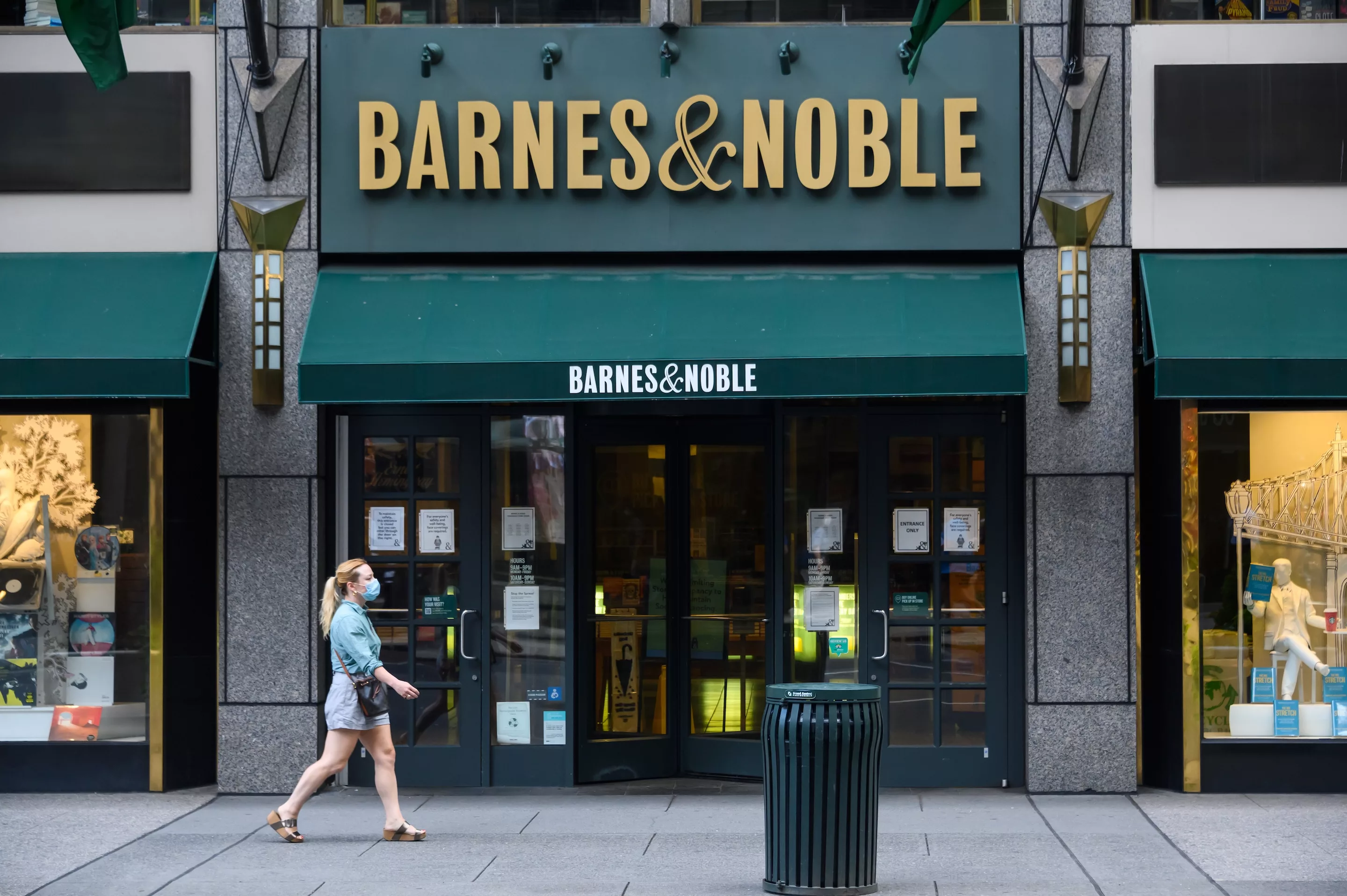

Feb 07, 2023
It’s no secret that book retailer Barnes & Noble, had been in decline for decades. The digital age hit them by surprise, and they failed to adapt quickly. By 2018, the company was on the verge of total collapse. Everything was going wrong, with the share price down 80% and competition from everything store Amazon eating away at what business was left in the book game...
And yet, as of 2022, the company is profitable and growing again.
Much of Barnes & Noble’s turnaround is down to their new CEO, James Daunt. Famous for founding London bookstore Daunt Books and, more recently, for overhauling Waterstones’ strategy. Daunt joined Barnes & Noble in late 2019, after the failing business was bought by hedge fund Elliott Management. Here’s the headlines of what he did to make Barnes & Noble profitable again:

A quality that chain stores often lack is the authenticity of their stock. You can tell that everything is curated by a corporate suit from a head office, put on that table, at that price, just the way they’ve calculated that you’re most likely to buy it. But that doesn’t make for a good bookshop.
The crucial factor in Daunt’s strategy is that he wanted to make B&N genuinely better bookshops. First step towards doing so? He had employees take all of the stock off the shelves, and re-evaluate their worth and position in the bookshop. Suddenly, publishers had to convince local employees that their books were worth buying, rather than the corporate suit at headquarters.

Barnes & Noble had branched out into many different products over time, in an effort to keep up with the ‘everything shop’ Amazon. But this wasn’t a cohesive strategy, and most of the secondary items weren’t selling. Now, Daunt has refocussed the chain on book sales and other things that support the core book offer (such as writing materials). Sell what you know.

A lot of the strategies that Daunt adopted are ultimately strategies that independent bookshops use to survive against competition from Amazon. His belief is that chains shouldn’t act as chains. And a big part of that is getting rid of standardised stock.
In a world that’s increasingly fragmented and niche, stock should be personalised and curated according to local tastes. Whether you’re catering to a younger demographic by having a ‘TikTok made me read it’ selection, or you’re focussing on a wider selection of non-fiction books for your older locals, it pays to personalise curation. So, at B&N, store general managers now select all stock independently.

Similar to charity shops, bookshops have an innately experiential feeling to them - a bit like a treasure hunt in a shop. Brick and mortar book retail stores are the perfect place to have accidental finds, where you pick up a random book from a display just because you like its cover or title. No one online has managed to replicate that process.
As such, the next step of Daunt’s plan: create a place that’s attractive for browsing, where people genuinely want to spend time and discover books. Whether this is through creative curation, shop redesign, or hosting a cafe in-store.

The bottom line: to sell something, you really need to love it. Genuine care will always shine through your curation, and the more you’re able to tap into that love for your stock, the more likely you’ll be able to connect with your community.